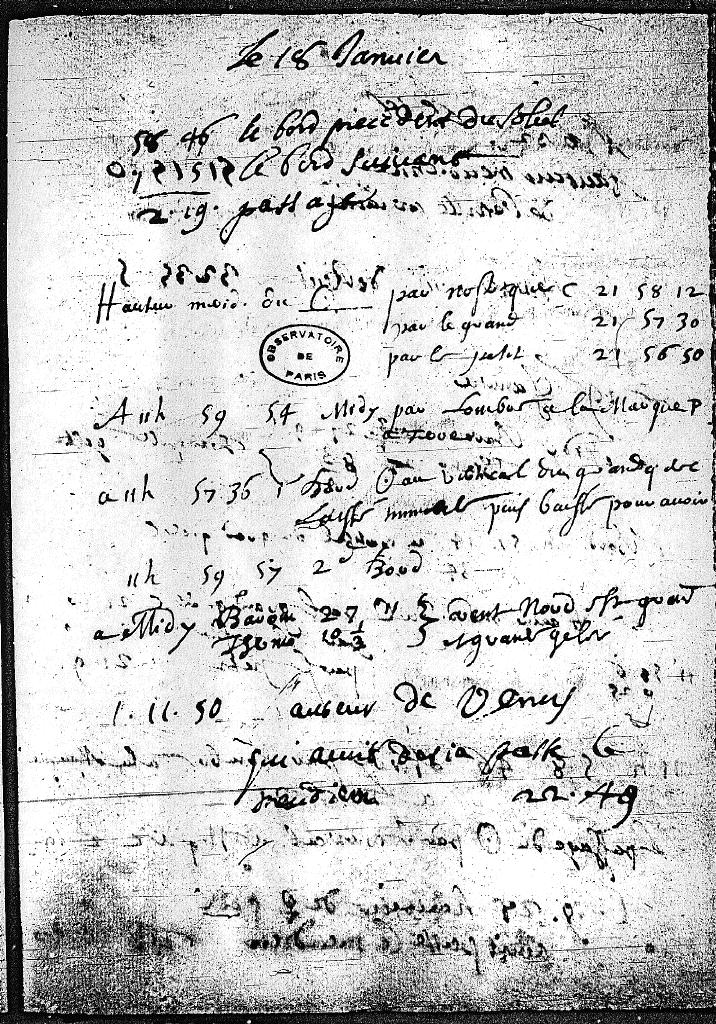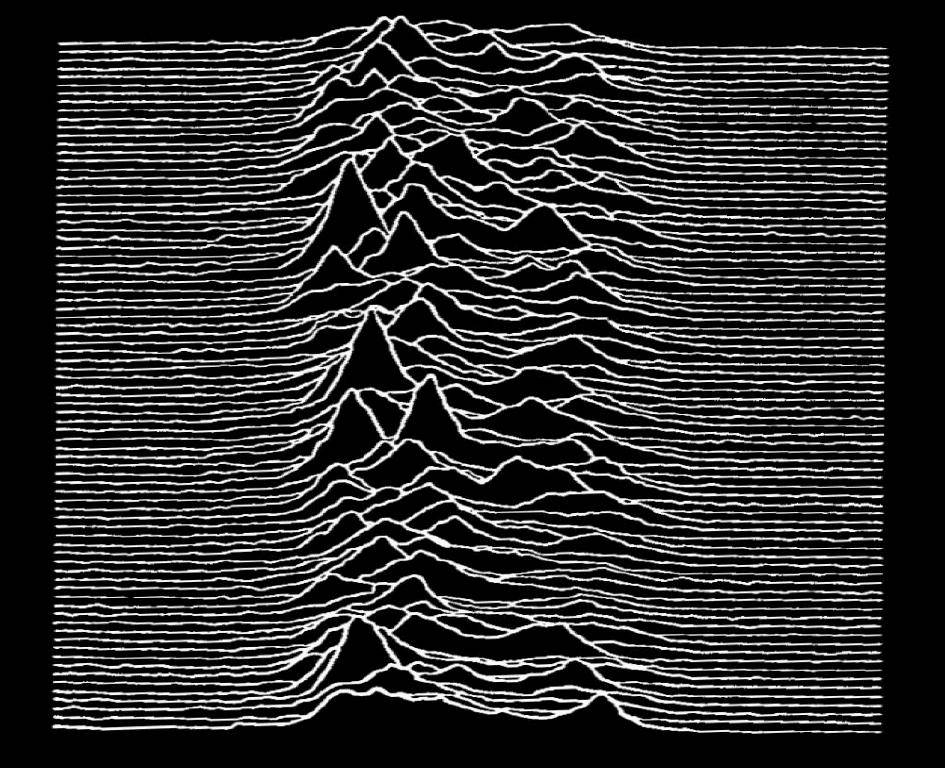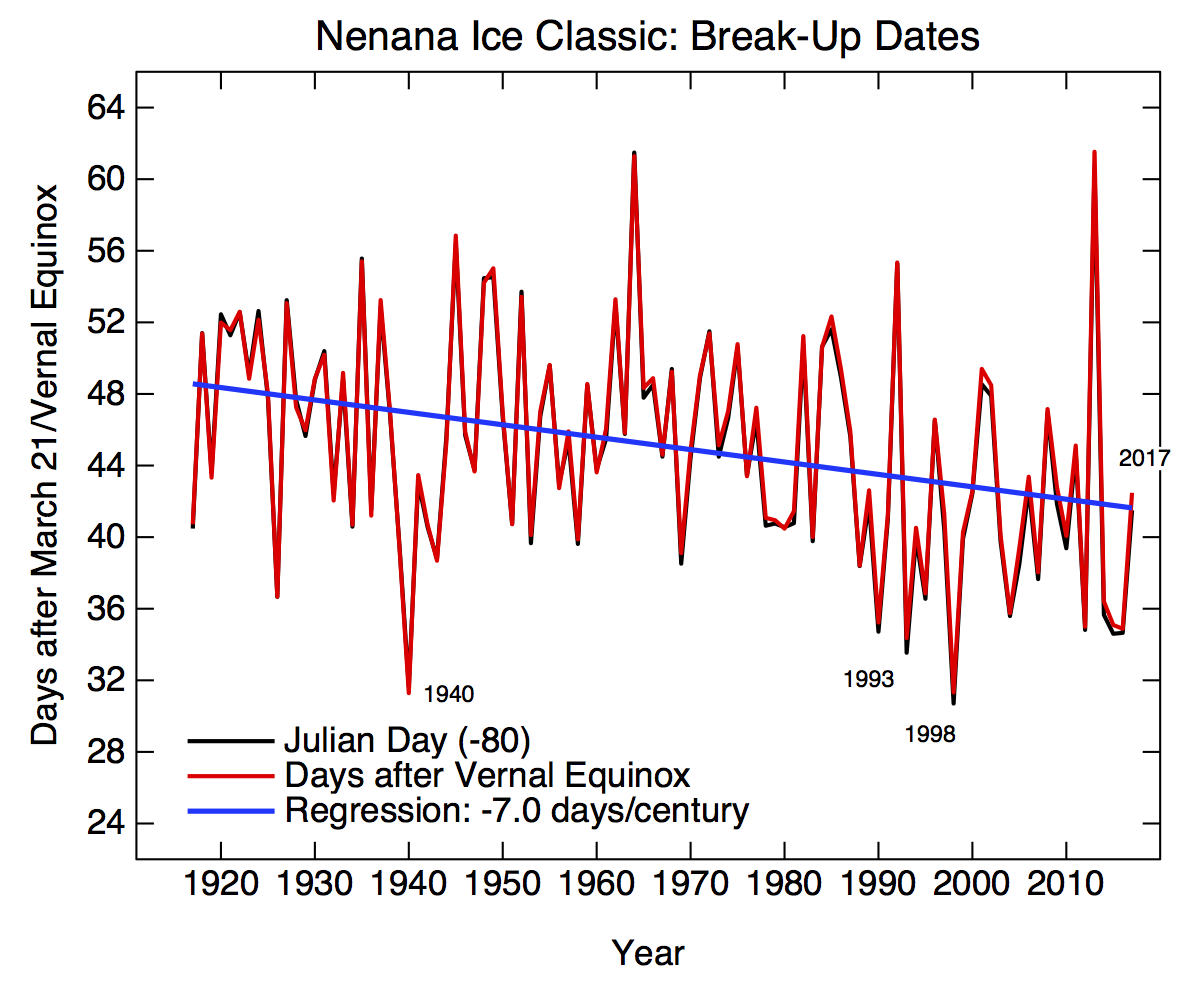Some concerns about continued monitoring of sea ice by remote sensing were raised this week in Nature News an article in the (UK) Observer: Donald Trump accused of obstructing satellite research into climate change. The last headline is not really correct, but the underlying issues are real.
Instrumental Record
1.5ºC: Geophysically impossible or not?
Guest commentary by Ben Sanderson
Millar et al’s recent paper in Nature Geoscience has provoked a lot of lively discussion, with the authors of the original paper releasing a statement to clarify that their paper did not suggest that “action to reduce greenhouse gas emissions is no longer urgent“, rather that 1.5ºC (above the pre-industrial) is not “geophysically impossible”.
The range of post-2014 allowable emissions for a 66% chance of not passing 1.5ºC in Millar et al of 200-240GtC implies that the planet would exceed the threshold after 2030 at current emissions levels, compared with the AR5 analysis which would imply most likely exceedance before 2020. Assuming the Millar numbers are correct changes 1.5ºC from fantasy to merely very difficult.
But is this statement overconfident? Last week’s post on Realclimate raised a couple of issues which imply that both the choice of observational dataset and the chosen pre-industrial baseline period can influence the conclusion of how much warming the Earth has experienced to date. Here, I consider three aspects of the analysis – and assess how they influence the conclusions of the study.
[Read more…] about 1.5ºC: Geophysically impossible or not?
Data rescue projects
It’s often been said that while we can only gather new data about the planet at the rate of one year per year, rescuing old data can add far more data more quickly. Data rescue is however extremely labor intensive. Nonetheless there are multiple data rescue projects and citizen science efforts ongoing, some of which we have highlighted here before. For those looking for an intro into the subject, this 2014 article is an great introduction.

Weather diary from the the Observatoire de Paris, written by Giovanni Cassini on 18th January 1789.
I was asked this week whether there was a list of these projects, and with a bit of help from Twitter, we came up with the following:
- Old Weather (@oldweather)
- Weather Detective (closing soon)
- Weather Rescue
- NOAA Climate Database Modernization Program
- New Zealand (@DeepSouth_NZ)
- The International Environmental Data Rescue Organization (IEDRO)
- Atmospheric Circulation Reconstruction over the Earth (@met_acre)
- The International Data Rescue Portal (i-Dare)
- Met Éirann (poster)
- Historical Climatology (list of more databases)
- Data Rescue at home
- Historical Canadian data
- SE Australia Recent Climate History (no longer active?)
- Congo basin eco-climatological data recovery and valorisation (COBECORE)
- The climate and environmental history collaborative research environment (Tambora)
(If you know of any more, please add them in the comments, and I’ll try and keep this list up to date).
Sensible Questions on Climate Sensitivity
Guest Commentary by Cristian Proistosescu, Peter Huybers and Kyle Armour
tl;dr
Two recent papers help bridge a seeming gap between estimates of climate sensitivity from models and from observations of the global energy budget. Recognizing that equilibrium climate sensitivity cannot be directly observed because Earth’s energy balance is a long way from equilibrium, the studies instead focus on what can be inferred about climate sensitivity from historical trends. Calculating a climate sensitivity from the simulations that is directly comparable with that observed shows both are consistent. Crucial questions remain, however, regarding how climate sensitivity will evolve in the future.
[Read more…] about Sensible Questions on Climate Sensitivity
Observations, Reanalyses and the Elusive Absolute Global Mean Temperature
One of the most common questions that arises from analyses of the global surface temperature data sets is why they are almost always plotted as anomalies and not as absolute temperatures.
There are two very basic answers: First, looking at changes in data gets rid of biases at individual stations that don’t change in time (such as station location), and second, for surface temperatures at least, the correlation scale for anomalies is much larger (100’s km) than for absolute temperatures. The combination of these factors means it’s much easier to interpolate anomalies and estimate the global mean, than it would be if you were averaging absolute temperatures. This was explained many years ago (and again here).
Of course, the absolute temperature does matter in many situations (the freezing point of ice, emitted radiation, convection, health and ecosystem impacts, etc.) and so it’s worth calculating as well – even at the global scale. However, and this is important, because of the biases and the difficulty in interpolating, the estimates of the global mean absolute temperature are not as accurate as the year to year changes.
This means we need to very careful in combining these two analyses – and unfortunately, historically, we haven’t been and that is a continuing problem.
[Read more…] about Observations, Reanalyses and the Elusive Absolute Global Mean Temperature
Joy plots for climate change
 This is joy as in ‘Joy Division’, not as in actual fun.
This is joy as in ‘Joy Division’, not as in actual fun.
Many of you will be familiar with the iconic cover of Joy Division’s Unknown Pleasures album, but maybe fewer will know that it’s a plot of signals from a pulsar (check out this Scientific American article on the history). The length of the line is matched to the frequency of the pulsing so that successive pulses are plotted almost on top of each other. For many years this kind of plot did not have a well-known designation until, in fact, April this year:
I hereby propose that we call these "joy plots" #rstats https://t.co/uuLGpQLAwY
— Jenny Bryan (@JennyBryan) April 25, 2017
So “joy plots” it is.
Climate Sensitivity Estimates and Corrections
You need to be careful in inferring climate sensitivity from observations.
Two climate sensitivity stories this week – both related to how careful you need to be before you can infer constraints from observational data. (You can brush up on the background and definitions here). Both cases – a “Brief Comment Arising” in Nature (that I led) and a new paper from Proistosescu and Huybers (2017) – examine basic assumptions underlying previously published estimates of climate sensitivity and find them wanting.
[Read more…] about Climate Sensitivity Estimates and Corrections
References
- C. Proistosescu, and P.J. Huybers, "Slow climate mode reconciles historical and model-based estimates of climate sensitivity", Science Advances, vol. 3, 2017. http://dx.doi.org/10.1126/sciadv.1602821
Nenana Ice Classic 2017
As I’ve done for a few years, here is the updated graph for the Nenana Ice Classic competition, which tracks the break up of ice on the Tanana River near Nenana in Alaska. It is now a 101-year time series tracking the winter/spring conditions in that part of Alaska, and shows clearly the long term trend towards earlier break up, and overall warming.

2017 was almost exactly on trend – roughly one week earlier than the average break up date a century ago. There was a short NPR piece on the significance again this week, but most of the commentary from last year and earlier is of course still valid.
My shadow bet on whether any climate contrarian site will mention this dataset remains in play (none have since 2013 which was an record late year).
Model projections and observations comparison page
We should have done this ages ago, but better late than never!
We have set up a permanent page to host all of the model projection-observation comparisons that we have monitored over the years. This includes comparisons to early predictions for global mean surface temperature from the 1980’s as well as more complete projections from the CMIP3 and CMIP5. The aim is to maintain this annually, or more often if new datasets or versions become relevant.
We are also happy to get advice on stylistic choices or variations that might make the graphs easier to comprehend or be more accurate – feel free to suggest them in the comments below (since the page itself will be updated over time, it doesn’t have comments associated with it).
If there are additional comparisons you are aware of that you think would be useful to include, please point to the model and observational data set(s) and we’ll try and include that too. We should have the Arctic sea ice trends up shortly for instance.
What is the uncertainty in the Earth’s temperature rise?
Guest commentary by Shaun Lovejoy (McGill University)
Below I summarize the key points of a new Climate Dynamics (CD) paper that I think opens up new perspectives on understanding and estimating the relevant uncertainties. The main message is that the primary sources of error and bias are not those that have been the subject of the most attention – they are not human in origin. The community seems to have done such a good job of handling the “heat island”, “cold park”, and diverse human induced glitches that in the end these make only a minor contribution to the final uncertainty. The reason of course, is the huge amount of averaging that is done to obtain global temperature estimates, this averaging essentially averages out most of the human induced noise.
Two tough sources of uncertainty remain: missing data and a poor definition of the space-time resolution; the latter leads to the key scale reduction factor. In spite of these large low frequency uncertainties, at centennial scales, they are still only about 13% of the IPCC estimated anthropogenic increase (with 90% certainty).
This paper is based on 6 monthly globally averaged temperature series over the common period 1880-2012 using data that were publically available in May 2015. These were NOAA NCEI, NASA GISTEMP, HadCRUT4, Cowtan and Way, Berkeley Earth and the 20th Century Reanalysis. In the first part on relative uncertainties, the series are systematically compared with each other over scales ranging from months to 133 years. In the second part on absolute uncertainties, a stochastic model is developed with two parts. The first simulates the true temperatures, the second treats the measurement errors that would arise from this series from three different sources of uncertainty: i) usual auto-regressive (AR)-type short range errors, ii) missing data, iii) the “scale reduction factor”.
The model parameters are fit by treating each of the six series as a stochastic realization of the stochastic measurement process. This yields an estimate of the uncertainty (spread) of the means of each series about the true temperature – an absolute uncertainty – not simply the spread of the series means about their common mean value (the relative uncertainty). This represents the absolute uncertainty of the series means about a (still unknown) absolute reference point (which is another problem for another post).
[Read more…] about What is the uncertainty in the Earth’s temperature rise?
References
- S. Lovejoy, "How accurately do we know the temperature of the surface of the earth?", Climate Dynamics, vol. 49, pp. 4089-4106, 2017. http://dx.doi.org/10.1007/s00382-017-3561-9